Supported by:




"provide legal identity for all,
including birth registration by 2030"
including birth registration by 2030"
- United Nations Sustainable Development Goals Target 16.9

A robust national identity system can be a country’s key to effective delivery of rights and services. Over
the past decade, governments around the world have acknowledged the increasing need for multipurpose
foundational ID systems that allow every individual access to financial equity, healthcare, ration,
and a
host of other essential benefits.
The Modular Open Source Identity Platform (MOSIP) was established in 2018 to address the many complex challenges around the implementation of foundational ID systems. MOSIP helps governments conceive, develop, and implement effective Digital Public Infrastructure in countries. The project enables governments to either adopt digital ID systems or enhance existing systems, while ensuring complete ownership over their country’s digital infrastructure.
MOSIP has been carefully built with cutting-edge technology that places the contextual needs of a country and its residents at the heart of the platform.
The Modular Open Source Identity Platform (MOSIP) was established in 2018 to address the many complex challenges around the implementation of foundational ID systems. MOSIP helps governments conceive, develop, and implement effective Digital Public Infrastructure in countries. The project enables governments to either adopt digital ID systems or enhance existing systems, while ensuring complete ownership over their country’s digital infrastructure.
MOSIP has been carefully built with cutting-edge technology that places the contextual needs of a country and its residents at the heart of the platform.

We are committed to
transparent, secure,
human-centric
technology
transparent, secure,
human-centric
technology
MOSIP’s adaptable, modular architecture provides ownership to adopting countries. Our open-source,
open standards policy allows us to welcome code contributions from developers around the world,
build a large roster of compliant technology partners, and remain transparent, while maintaining the
best practices of security and privacy.
Our global team of experts and advisors supports countries through the process of adopting digital ID as a common rail of governance. We are also committed to building and nurturing global communities of commercial technology partners, research institutions, and developers.
Our global team of experts and advisors supports countries through the process of adopting digital ID as a common rail of governance. We are also committed to building and nurturing global communities of commercial technology partners, research institutions, and developers.
MOSIP
Guiding Principles
Guiding Principles
Modular
Identity systems that serve unique needs with mutually-exclusive
technology bundles.
Rather than a stand-alone solution offered to every adopting nation, MOSIP technology allows user countries to build custom workflows. Each functionality is built with independent microservices to provide flexibility and control.
Rather than a stand-alone solution offered to every adopting nation, MOSIP technology allows user countries to build custom workflows. Each functionality is built with independent microservices to provide flexibility and control.
Open-Source
Trusted and transparent technology, as a part of the effort towards developing global
standards.
An open-source code repository, available in entirety on GitHub, encourages contributions from user communities and offers governments control over their ID systems. MOSIP also actively works with the Institute of Electrical and Electronics Engineers (IEEE), governments, and a commercial ecosystem to arrive at common Open Standards and Protocols. This makes MOSIP easy to integrate, interoperable, cost- and time-efficient.
An open-source code repository, available in entirety on GitHub, encourages contributions from user communities and offers governments control over their ID systems. MOSIP also actively works with the Institute of Electrical and Electronics Engineers (IEEE), governments, and a commercial ecosystem to arrive at common Open Standards and Protocols. This makes MOSIP easy to integrate, interoperable, cost- and time-efficient.
Vendor-Neutral
Offering governments the ability to integrate with a wide range of compliant
technologies.
In the setting up of a foundational digital ID system, it is critical that platform, biometric devices, and system integrators, are able to integrate and function smoothly. Vendor-neutrality, maintained through the MOSIP Partner Programme and the establishment of the MOSIP Marketplace offers countries the ability to choose and change their technology solutions at any time, and save precious time and financial resources.
In the setting up of a foundational digital ID system, it is critical that platform, biometric devices, and system integrators, are able to integrate and function smoothly. Vendor-neutrality, maintained through the MOSIP Partner Programme and the establishment of the MOSIP Marketplace offers countries the ability to choose and change their technology solutions at any time, and save precious time and financial resources.
Secure and Private
Ensuring that every individual is in control of their own data.
MOSIP is designed keeping data security and privacy in mind, ensuring that data is protected in flight and rest. Cryptographic encryption and zero knowledge architecture ensure that no sensitive data is stored on the MOSIP system. Governments of adopting nations have sovereign control over their ID systems, and data sharing only happens with the individual’s consent.
MOSIP is designed keeping data security and privacy in mind, ensuring that data is protected in flight and rest. Cryptographic encryption and zero knowledge architecture ensure that no sensitive data is stored on the MOSIP system. Governments of adopting nations have sovereign control over their ID systems, and data sharing only happens with the individual’s consent.
Human-Centric
Unique technology for unique environments.
We aim to develop technology that can cater to diverse and varying requirements around the world. The expert team at MOSIP constantly strives to learn from on-ground experiences in adopting nations, to understand their context-specific requirements and provide unique and adaptable solutions.
We aim to develop technology that can cater to diverse and varying requirements around the world. The expert team at MOSIP constantly strives to learn from on-ground experiences in adopting nations, to understand their context-specific requirements and provide unique and adaptable solutions.
Inclusive
Technology that leaves no one behind.
With the mission of empowering lives all over the world, MOSIP continues to take steps towards being an inclusive platform. Ongoing collaborations with global universities, research organisations, and strong on-ground teams have sharpened our focus on developing technology that is unrestricted by gender, race, and economic status. Additionally, technology features allow residents to access their digital identities even in remote areas with low connectivity.
With the mission of empowering lives all over the world, MOSIP continues to take steps towards being an inclusive platform. Ongoing collaborations with global universities, research organisations, and strong on-ground teams have sharpened our focus on developing technology that is unrestricted by gender, race, and economic status. Additionally, technology features allow residents to access their digital identities even in remote areas with low connectivity.










